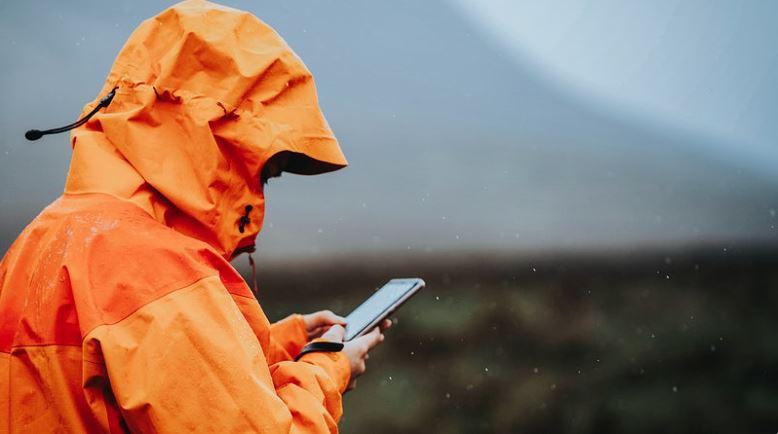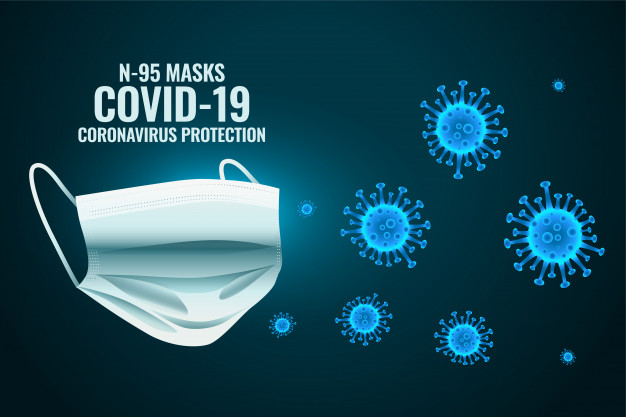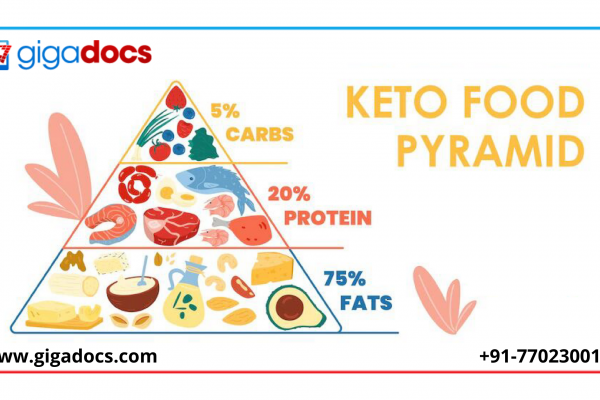Despite the nationwide lockdown in force since March 25, India’s Covid-19 cases have seen a sharp increase throughout May, a number which has grown by leaps and bounds in the recent days. Our fight against the coronavirus pandemic has complicated, spreading more rapidly across the country inhabited by over 1.3 billion people.
Coronavirus has already drained the country’s resources, straining medical infrastructure, in this juncture setting up quarantine facilities for suspected Covid-19 cases are proving to be an upward task; monsoon downpours will lead to more misery in the coming months.
Monsoon Season and Infectious Diseases
The most common monsoon season diseases include the flu and common cold. Other water-borne infections bought by the rains are rhinoviruses, typhoid fever, diarrhoea, cholera, leptospirosis, and hepatitis A. The monsoon season also carries vector-borne infections like malaria, dengue and dengue haemorrhagic fever, yellow fever, which are common around this time of the year.
The monsoon season brings infectious diseases which are challenging to get rid of, and very easy to transmit who come in contact. This is primarily because the monsoon is when we all stay indoors and interact with each other, increasing the probability of transmission. Besides, dry air-conditioning-controlled offices are very favorable to the spread the germs. One uncovered sneeze is dangerous enough to infect all those who are around the infected person. That’s why facemasks are so important as we all fight Coronavirus pandemic.
Monsoon vs Coronavirus
Coronavirus is highly infectious, with an increasingly high rate of transmission. The COVID-19 pandemic gets transferred between individuals through tiny aerosols suspended in the air for several hours, in addition to bigger droplets that are emitted when someone infected sneezes or coughs. These droplets are larger and can fall to substances and the ground in an instance.
Changes in climatic conditions, humidity, and temperature affect the stability of these bigger droplets, however, it is still uncertain how the onset of the monsoons season will turn the tide of Coronavirus fatalities. Studies suggest that, under highly humid conditions of the rainy season, condensation might help to clear the virus from surfaces thus decreasing the rate of surface contamination. But this hypothesis is yet to be proven.
Coronavirus Peak during the Rainy Season
Scientists foresee that the country will witness a second wave of the COVID-19 pandemic around late July or August with a probable surge in the number of cases during the monsoon season.
The timing of the infectivity peak will be dependent on how the country can control physical distancing and the rate of transmission after the lockdown restrictions are relaxed.
Here are the necessary precautions that you must take while venturing out for office or other work during the monsoon season-
- Stay hydrated, watch out for contaminated water sources. Make sure the water you drink is safe before taking a sip. Consider sipping warm water, not only it is good for your throat during the moist monsoon, it is effective to keep Coronavirus at bay too.
- Don’t forget your sanitization kit, which must include a face mask, hand gloves, sanitizer when you leave your house. Wash your hands often and thoroughly, especially in cases of children, senior citizens, and those with suppressed immune systems who are at high risk of contracting the virus, like those infected with cardiovascular disease, liver, kidney infection, asthma, or cancer.
- Monsoons bring zits and blemishes. If that occurs to you or your loved ones, resist the urge to pull off scabs and pick. Open wounds unbroken skin invites skin infections. Wash, clean, and seal the cuts. Practicing strict hygiene measures is the best safeguard against germs.
- Prefer not to share the dishes or cutlery when you are eating out even at the office especially if sick. It takes an instant for the coronavirus to contaminate the surfaces and infect a healthy person.
Monsoon Diseases and Virtual Healthcare
As the Coronavirus pandemic reaches new heights, the existing critical medical infrastructure has already overburdened Doctors, nurses, and healthcare workers. Monsoon related illness which peaks around mid-June-July adds to the adversities to the existing Coronavirus pandemic scare.
Prevention against infectious monsoon diseases is very important. Maintaining a healthy balanced diet, practicing meditation, and safe food practices go a long way to build your immunity against monsoon infections and Coronavirus. Stay hydrated, get adequate sleep, and eat home-cooked meals as essential preventive care against the Coronavirus pandemic. Be vigilant for warning signs of common monsoon illness.
Diagnosis of seasonal fever has always been a challenge due to the five monsoon diseases which account for the maximum number of cases spanning Acute Undifferentiated Fevers reported between June to September. These fevers include typhoid fever, malaria, dengue, scrub typhus, and leptospirosis. Already healthcare systems face difficulty to cope with the existing monsoon diseases. With COVID-19 added to the fever symptoms, distinguishing these seasonal diseases shall be more difficult. Add to it the fear of contamination from a hospital/ medical clinic visit adds to the woes.
The solution lies in adopting Virtual Healthcare booking a digital doctor on the G and consulting from your home can ensure you follow social distancing and get supervised advice. Telemedicine Consultation is highly advised by medical practitioners, for routine check-ups, communicable and non-chronic diseases.
Booking a Virtual Healthcare Specialist on Gigadocs
Gigadocs is an intelligent practice management app, that lets you consult digital doctors from your home. Book telemedicine doctors for yourself, your children, and senior citizens ranging from infectious disease specialist, orthopedic, dentist, a pediatrician from the comfort of your home so that you don’t have to fear the risk of Coronavirus infectivity transmission visiting a physical doctor otherwise.
To book a digital doctor for the common monsoon illness all you need is a smartphone or a tab with camera facilities, and an internet connection to begin your telemedicine appointment and subsequent follow-up appointments. Download the Gigadocs app from the App Store and Play store.
Follow these easy steps to book your Digital Consultation on the Gigadocs app-
- Check the availability of respiratory disease specialists, gastroenterologists to consult on the Gigadocs app.
- The second step is to share the patient’s consent to the Digital Doctor so that they can view healthcare records for an accurate consultation. This consent can be given over a call, or digitally over an email or during an ongoing consultation.
- After you have shared the patient’s consent, the digital appointment details will be shared on the Gigadocs app after your appointment is confirmed.
- The patient has to be physically present on the date of the digital appointment. It is good to keep health care records, vital readings handy along with the questions the patient wants to discuss with the digital doctor.
- If the concerned specialist is not available online, the patient can consult another specialist registered on the Gigadocs app.
Book a Virtual Consultation- Download Gigadocs app from-
- IOS App – apple.co/2W2iG4V
- Android App – bit.ly/33AQoRC
To know more and schedule a Virtual Consultation demo, e-mail, at info@gigadocs.com




